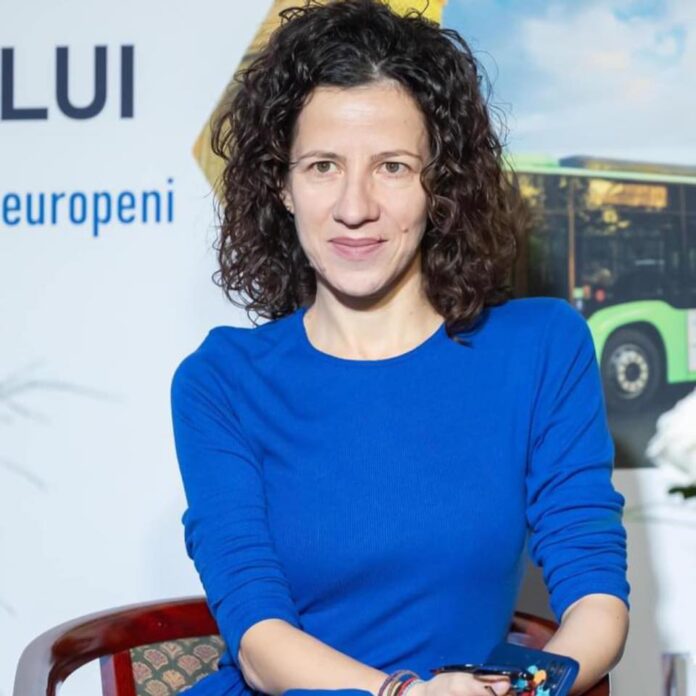There are EC funding opportunities where Romania „is not intensely present with selected projects”, European Commission Executive Vice-President Roxana Minzatu said on Tuesday in Bucharest, also proposing to the Romanian authorities a dialogue „whereby the economy, industry, companies can benefit” from these instruments.
European Commission Executive Vice-President for Social Rights and Skills, Quality Jobs and Preparedness Roxana Minzatu was in Bucharest on Monday and Tuesday for talks with Romanian officials and social partners, on her first official visit to Romania in this new capacity.
In a press conference at the EC Representation in Romania, Minzatu said that one of the topics of discussion with Prime Minister Marcel Ciolacu and the ministers she met in Bucharest was the ‘Competitiveness Compass’, a strategic instrument whereby Brussels plans to relaunch European competitiveness.
„If there are elements in this Competitiveness Compass related to skills and jobs, it is because we worked to have them there. (…) I said it very clearly, that we cannot have competitiveness without well-trained human resources and without good working conditions. The idea is that this compass will guide future policies, financing, and it’s clear that these future policies and financing to support the economy will say, yes, we prioritize new technologies, innovation, access to financing, eliminating cumbersome administrative procedures, lots of streamlining, coordination between member states. But we can only do this if we have workforce trained and motivated to perform in the respective sectors. And therefore, this dimension of jobs and skills is present in any approach we will take at European level in order to be more competitive,” she detailed.
„I discussed with the prime minister and the ministers not only how to turn ourselves more competitive, but also about this Clean Industrial Deal that the Commission will present in February, a plan for the green industrialization of Europe, a pragmatic plan focused on interventions in important sectors that can ensure strategic autonomy for the European economy. We discussed the automotive industry, which is highly relevant for Romania, and how we can support this sector that has ensured our global leadership and which provides 13 million jobs. We are also trying to look at the areas where we need to take action sector-wise, and we discussed with the representatives of the Romanian government how Romania can benefit from and use these instruments,” added the EC representative.
Minzatu specified that Brussels will launch a competitiveness fund and, even if it is rather designed for the next multi-annual exercise, „discussions were on what we can do for the partnerships between the business environment, research, the academic area that can lead to improved performance and profitability of certain business models in Romania, to directly benefit from financing through European Commission instruments such as Horizon, or this future competitiveness fund, where we are nowhere to be seen.”
„We use this cohesion policy, money that is directly allocated to Romania, we do not compete with anyone else, but there are significant amounts available at the level of the European Commission where Romania is not very present with selected projects and beneficiaries, and we discussed these aspects and we will continue dialogue. That was also my invitation and proposal, that as soon as we have these initiatives on the table, we should engage in a dialogue through which the Romanian economy, industry, companies can best use these opportunities,” Roxana Minzatu emphasized.
AGERPRES




